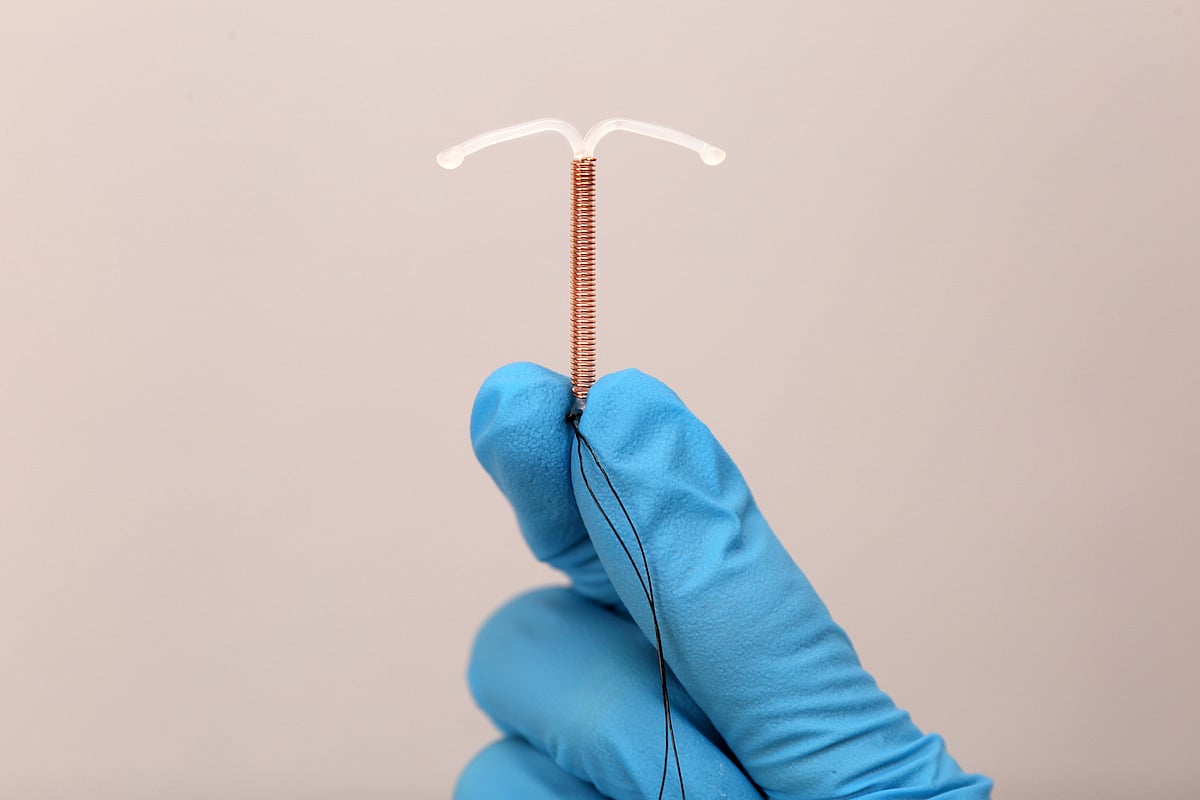Get Healthy!

- Posted August 8, 2024
Many Doctors Underestimate the Pain of IUD Insertion for Women. The CDC Wants to Change That
Plenty of women know that having an IUD inserted in their uterus can be an excruciating experience, but new government guidance issued Thursday may soon make the experience less painful for many.
For the first time, updated recommendations from the U.S. Centers for Disease Control and Prevention advise doctors to counsel women about pain control before the procedure takes place. Experts say that guideline may prompt doctors to take that potential pain more seriously and to use painkillers more often.
In recent years, the issue has been documented on social media, with some women describing unimaginable pain during IUD placement.
“Unless you’re living under a rock, you’re aware of the issue,” Dr. Beverly Gray, an associate professor of obstetrics and gynecology at Duke University, told the New York Times. “Women’s pain and women’s experiences have been downplayed throughout medicine. This is really validating that for some people, this can be a really painful experience.”
Unfortunately, a 2015 study found doctors tended to underestimate the pain their patients experience during the procedure.
But Dr. Eve Espey, chair of the obstetrics and gynecology department at the University of New Mexico, told the Times she thought the latest CDC guidelines put a much stronger emphasis on the patient’s preferences and experience.
“I think it is a significant change,” she said. “The guidance on this topic has gone from a more provider-centered focus to a more patient-centered focus.”
Why does that matter? Anxiety about pain may stop women from considering the contraceptive, which is safe and highly effective, Espey noted.
Dr. Antoinette Nguyen, a medical officer in the CDC's division of reproductive health, said the new guidance, published Aug. 8 in the CDC publication Morbidity and Mortality Weekly Report, acknowledges that patient experiences may heighten feelings of pain.
The latest guidelines also broaden the types of pain relief available to women during the procedure, a significant addition since lidocaine shots -- the sole anesthetic option mentioned in the CDC's 2016 guidance -- may themselves be painful, Espey noted.
The new choices include anesthetic gels, creams and sprays. While Espey said the evidence showing these topical anesthetics are effective was not overwhelming, the new recommendations still expand the arsenal of pain-killing tools that doctors can use.
More information
Yale Medicine has more on IUDs.
SOURCE: Morbidity and Mortality Weekly Report, Aug. 8, 2024; New York Times







